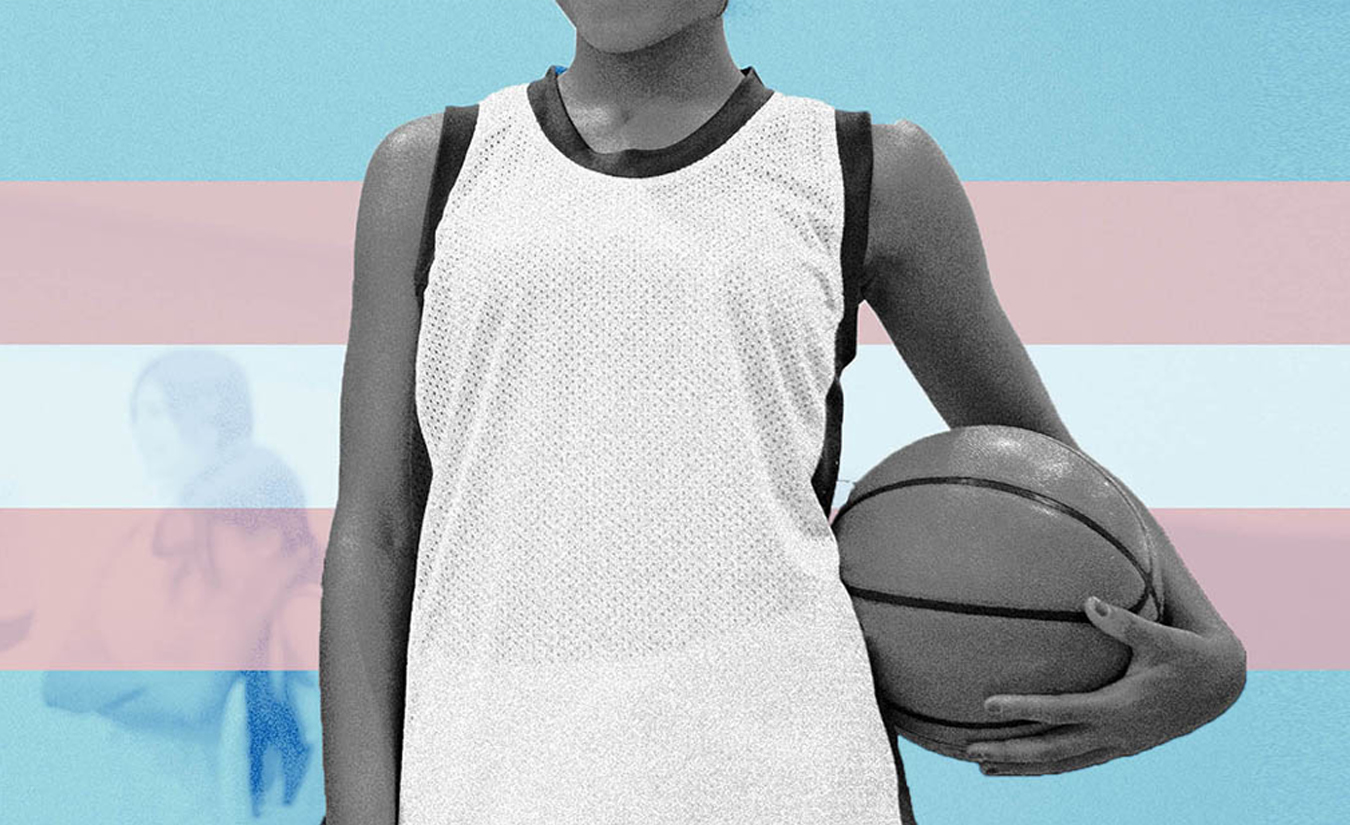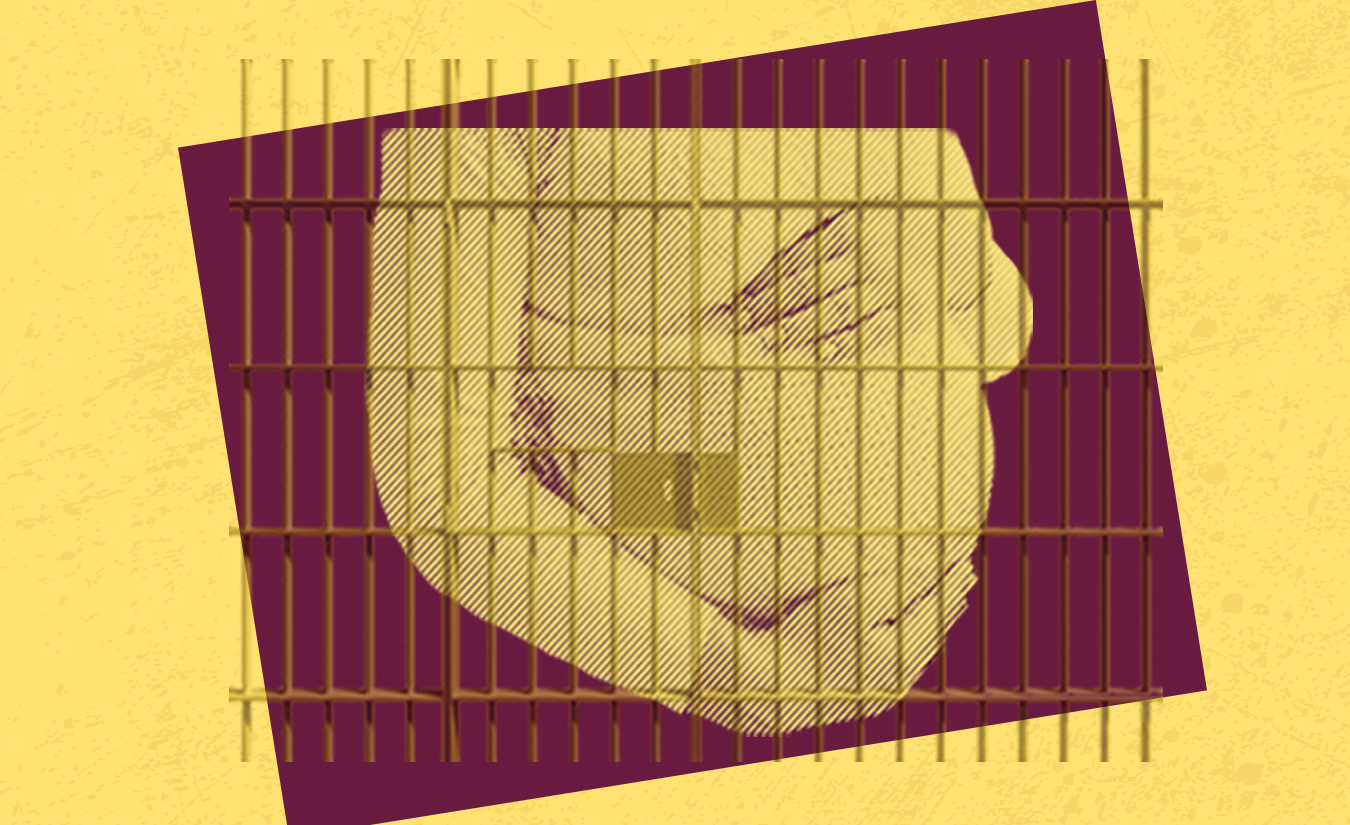Despite Governor Holcomb’s veto of House Bill 1041, some Indiana legislators are continuing to push banning transgender girls from participating in school sports.
To be clear: trans youth have the right to participate in sports consistent with who they are, just like anyone else. Denying them that right is unconstitutional and blatant discrimination.
As Governor Holcomb mentioned in his veto statement, courts have already blocked similar laws in other states.
Specifically, laws that exclude trans girls from sports violate Title IX of the Civil Rights Act of 1964. Title IX protects all students, including transgender students, from discrimination based on sex. The ACLU has filed lawsuits in several states, including West Virginia and Idaho, where judges have ruled trans youth must be given the same opportunities to participate in school sports.
Additionally, numerous Federal courts, the Department of Justice, and the Department of Education have found such bans also violate the Equal Protections Clause of the U.S. Constitution.
In addition to being unconstitutional, such blanket bans have been decried by medical organizations, including the American Academy of Pediatrics, as unnecessary and unscientific.
Trans youth deserve to grow up as they are – including playing the sports they love.
Trans students want to play sports for the same reasons other young people do: to challenge themselves, improve fitness, be part of a team, have fun, and make friends. HB 1041 would deprive a vulnerable subset of young people of the opportunities available to their peers.
Excluding transgender kids from school sports is just the latest attempt by state legislators to prevent trans people from living full and equal public lives.
After years of focusing on restrooms and locker rooms, opponents of LGBTQ+ equality have shifted strategy to focus on excluding trans youth from activities that affirm their sense of self, including athletics.
Simply introducing anti-trans legislation like HB 1041 is detrimental to the well-being of transgender kids. 85% of transgender and non-binary youth report that constant political attacks on them have had a negative impact on their mental health, according to recent Trevor Project data. If passed, this bill would send a message to vulnerable transgender youth that they are not welcome or accepted in their communities.
Ultimately, this bill violates the U.S. Constitution and federal civil rights law, and harms transgender youth. Trans students already live and go to school in Indiana and enjoy playing sports with their friends. They deserve the chance to succeed and thrive like any other student.
Tens of thousands of Hoosiers have voiced their opposition to HB 1041, and we won’t stop now.
Trans youth belong in every community and we will fight to ensure Indiana laws reflect that. We need to send a clear message that those who attack trans youth have to face all of us.
The time is now to act to protect trans kids.
TAKE ACTION
Note: This blog post was originally published on January 27, 2022, but has been updated to reflect Governor Holcomb's veto of House Bill 1041.


